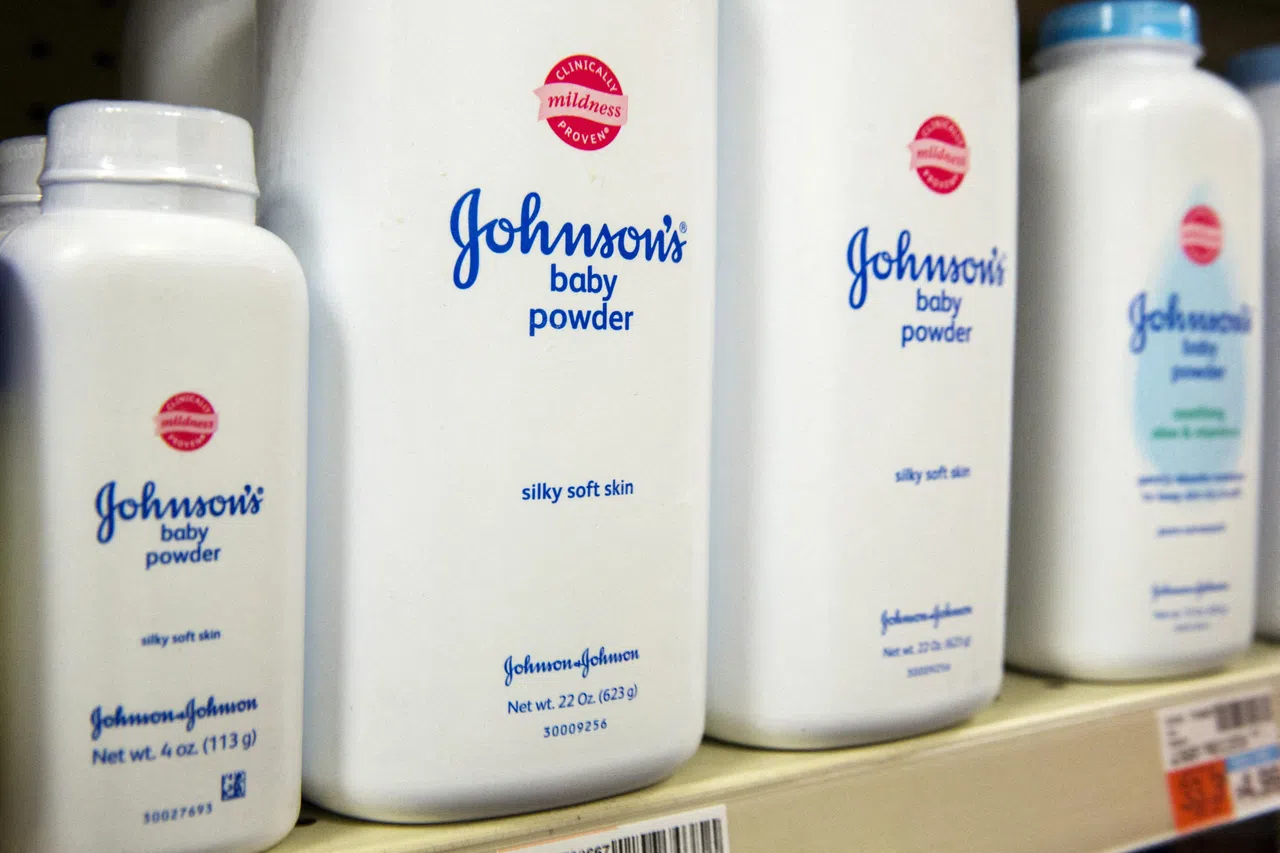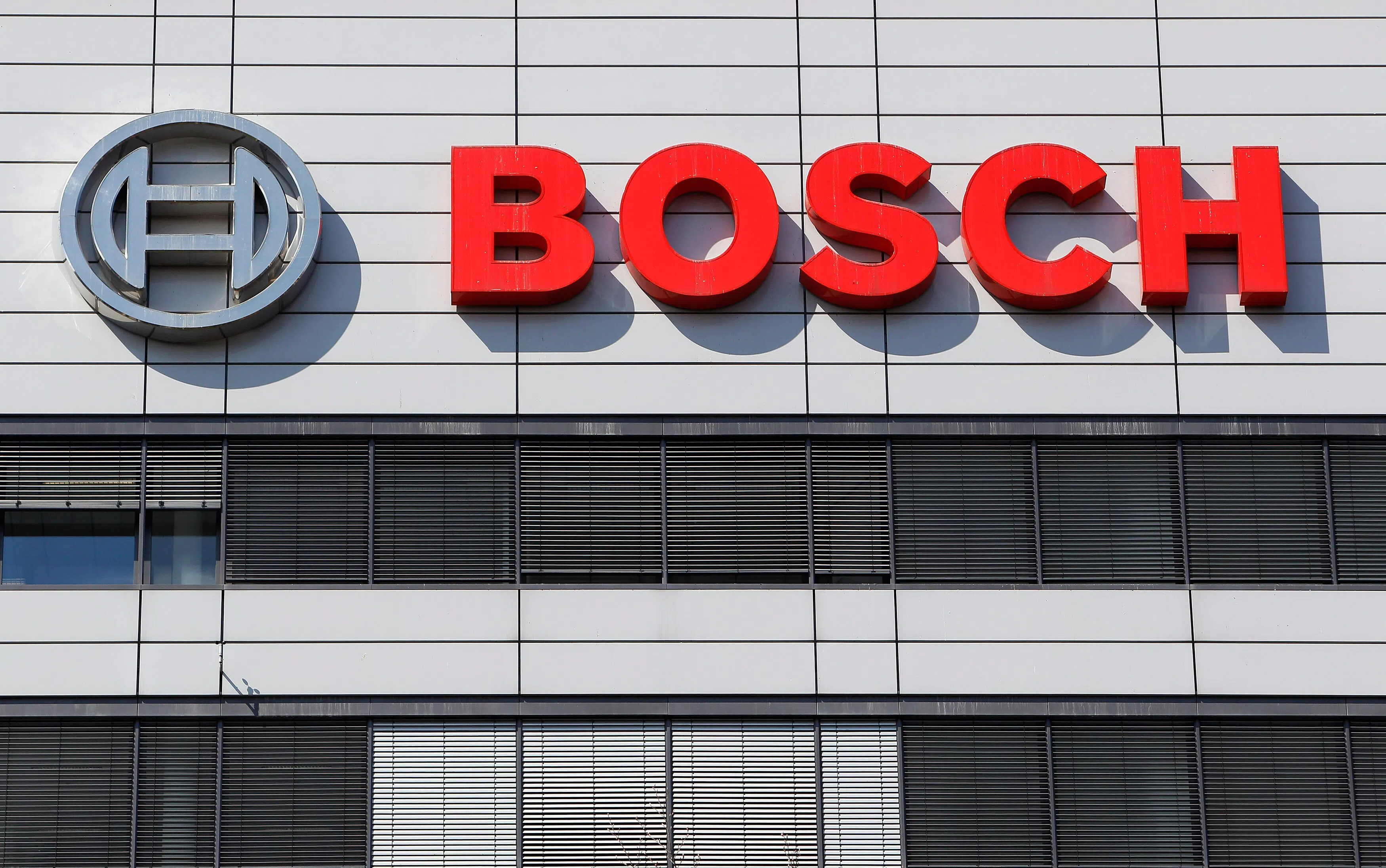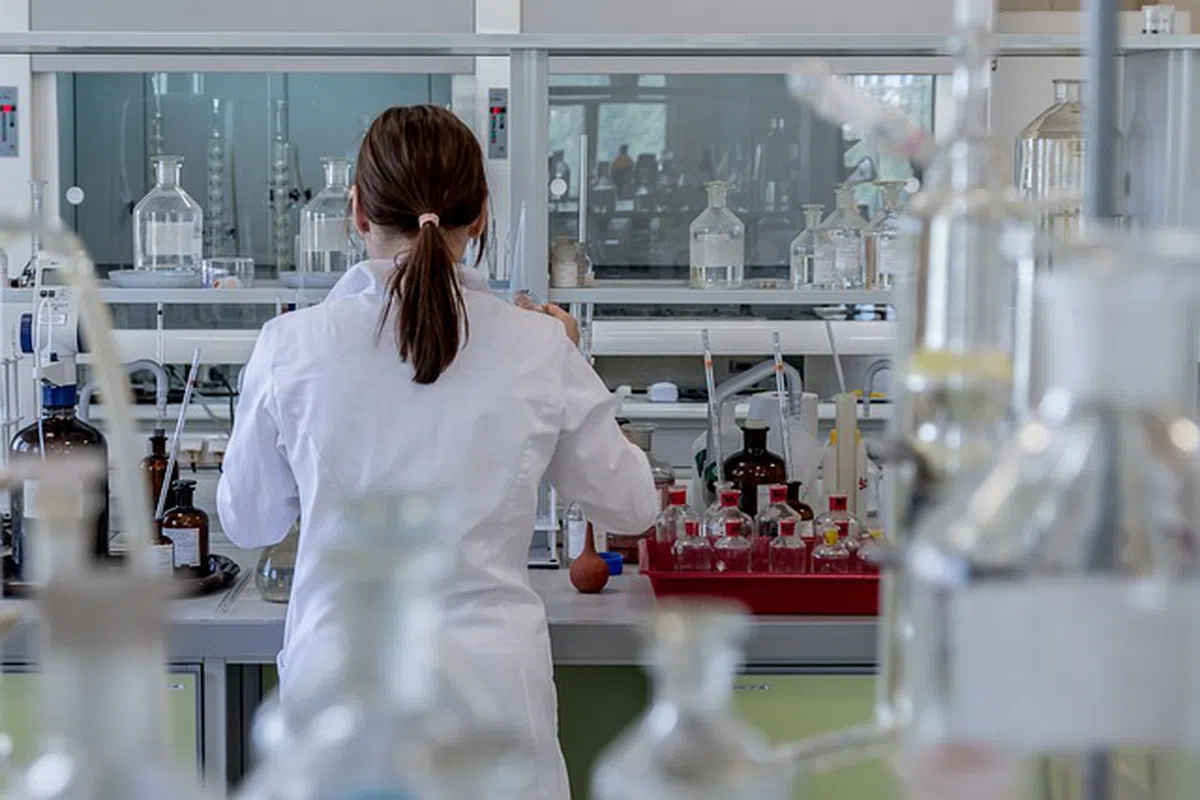JOHNSON & Johnson (J&J) has cleared a key hurdle for advancing a US$6.5 billion plan to resolve thousands of lawsuits by people who say its baby powder gave them cancer, according to sources familiar with the matter.
More than 75 per cent of the group signed off on J&J’s proposal through secret balloting that ended in late July, said the sources, who asked not to be identified discussing the results that have not yet been announced as certified. Such a result would boost the company’s latest bid to confine liability to a unit it set up as part of an effort to resolve the lawsuits.
Clare Boyle, a J&J spokesperson, declined to comment on the tally. With lawsuits piling up, the company hired a consulting firm to organise the vote on the settlement and tabulate the results. The litigation is ongoing and J&J’s efforts to resolve the lawsuits still face significant hurdles.
The settlement offer includes claims that the talc-based version caused ovarian and other gynaecological cancers. Separately, the company said in May it has resolved 95 per cent of claims its baby powder was tainted with asbestos and caused mesothelioma, a type of cancer that forms in tissues around the heart and lungs.
J&J has said its talc-based powders never caused cancer and that it appropriately marketed its baby powder for more than 100 years. Last year, the company discontinued the talc-based version of the product and replaced it with a cornstarch-based substitute.
Although the settlement plan likely still faces significant legal challenges from plaintiffs opposing the terms, the voting milestone would lay the groundwork for the J&J unit to again ask a judge to grant it bankruptcy protection. A federal appeals court ultimately rebuffed two previous bids to get that sign-off in New Jersey, where the health-care company is based.
When three-quarters of plaintiffs favour a settlement, companies can seek to fast-track Chapter 11 bankruptcy cases. With that level of support favouring J&J’s plan, the unit could ask to expedite a “pre-packaged” filing in its home state of Texas, which is perceived as being more business-friendly than New Jersey.
Outstanding claims
Under J&J’s current offer, it would pay US$6.5 billion over 25 years to resolve current and future claims for ovarian and other types of gynaecological cancers. Separately, the company has already had to pay about US$5 billion over talc-based powder claims, including cases related to mesothelioma, other cancers and allegations of illegal marketing by US states. J&J has said there may be thousands of cases yet to be filed.
Most of the outstanding cases are consolidated before a federal judge in New Jersey for pre-trial information exchanges. BLOOMBERG







